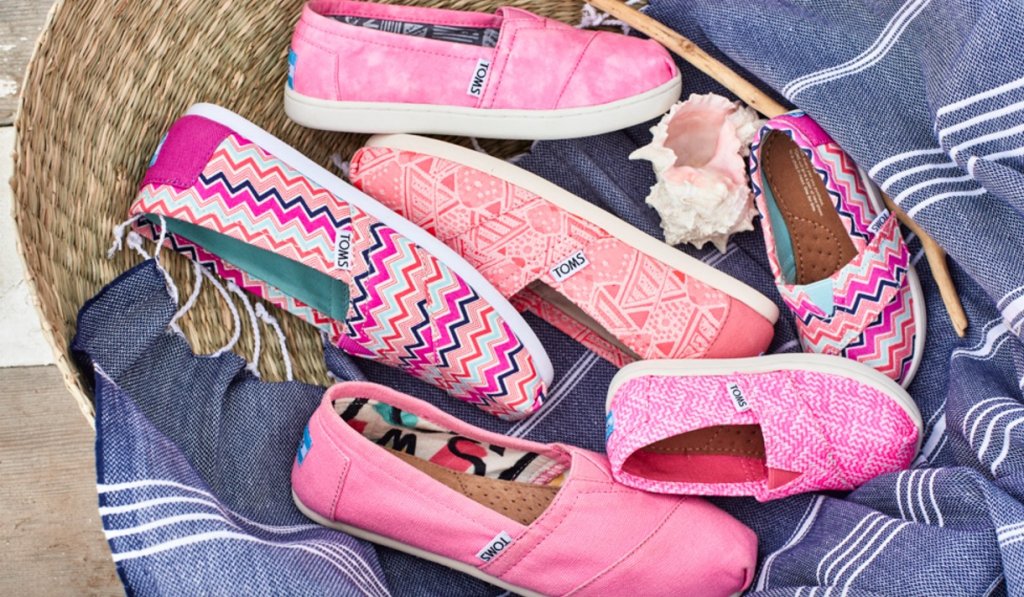Michelle Keaney, partnership director at The Marketing Academy and founder of Three Point Zero recently wrote an article for Marketing Week about responsible consumption and how consumers are willing to put their money into ‘purposeful brands.’
As we head into the busiest time of year for most e-commerce brands. Research last year from IRI and Boston Consulting Group showed that the growth of brands classed as Responsible Consumption brands has overtaken ‘conventional’ brands. One of the important points is that RC brands are able to charge a higher price – on average 58% more than regular brands.
For years studies and polls have shown that consumers are keen to shop more responsibly, and it seems now the time has come for them to actively do so. This could be down the fact that there’s more choice when it comes to purposeful brands brands, or that they’re now more accessible than ever.
The opportunity for these brands if big. Globescan’s 2016 public radar shows 40% of ‘aspirational consumers’ – the world’s emerging middle class – want to choose brands that “have a clear purpose and act in the best interests of society.” Although apparently consumers struggle to name brands that represent this purpose they look for, some examples are; Toms shoes, Ella’s Kitchen, Tesla, Cook and Method.

The Risk of Becoming Irrelevant
If responsible consumption is important to 40% of the world’s consumers – could brands that ignore RC become irrelevant? Creating wealth for shareholders is one thing, but there are a progressive amount of social capitalists who believe in addressing challenges and change when it comes to business. However, these two concepts could be creeping slowly together – as the best way to satisfy stakeholders is to satisfy customers and offer them what the want.
As Keaney puts it “in short, brands that behave more purposefully won’t just be ‘saving the world’, but by being more purposeful will end up saving themselves.”
Original Source: Marketing Week
